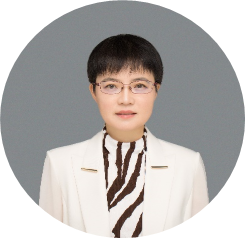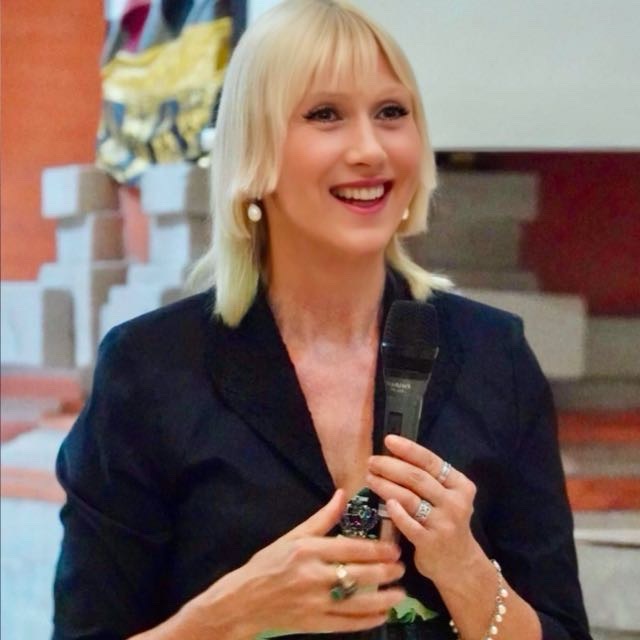Keynote Speakers

Prof. Yi Zhang
Northwestern Polytechnical University, China
Biography
Yi Zhang is Professor and Ph.D supervisor at School of Foreign Studies, Northwestern Polytechnical University. She has published 87 research articles and led 7 national projects. She was awarded the “National Award for Teaching Achievement” and holds various academic roles in China and Sweden.
Talk Title
Cultivating Academic Innovation: A Systemic Functional Linguistics Approach
Abstract
TBA

Assoc. Prof. Dina Mehmedbegovic-Smith
University College London, UK
Biography
Dr Dina Mehmedbegovic-Smith is Associate Professor of Education and Applied Linguistics at University College London (UCL). Her research explores multilingualism, language policy and the cognitive and wellbeing benefits of language learning. Bridging education, neuroscience and social justice, Dina developed Healthy Linguistic Diet (HLD) – a framework that positions language learning as essential nourishment for the brain. As Founder and Director of Healthy Linguistic Diet Ltd, she works internationally across five continents with schools, universities and policymakers to promote inclusive, plurilingual education. Her HLD concept is endorsed in two key European Commission reports and has influenced language policy and teacher training initiatives across Europe. She has introduced three original concepts in applied linguistics: Healthy Linguistic Diet, Imported Bilingualism and Academic Monolingualism - each contributing to a deeper understanding of how languages shape cognition, identity and wellbeing. Her work continues to inspire global efforts toward more equitable and enriching approaches to language education.
Talk Title
TBA
Abstract
TBA